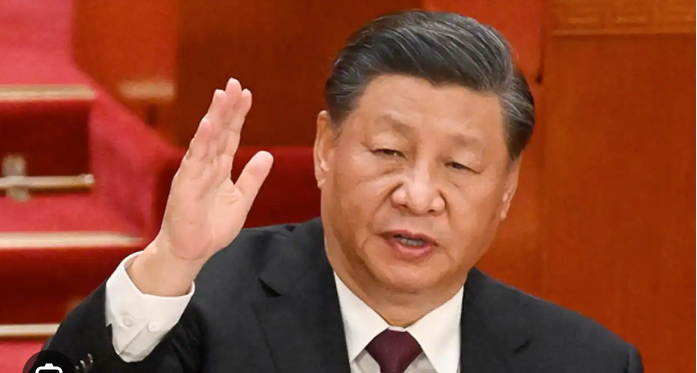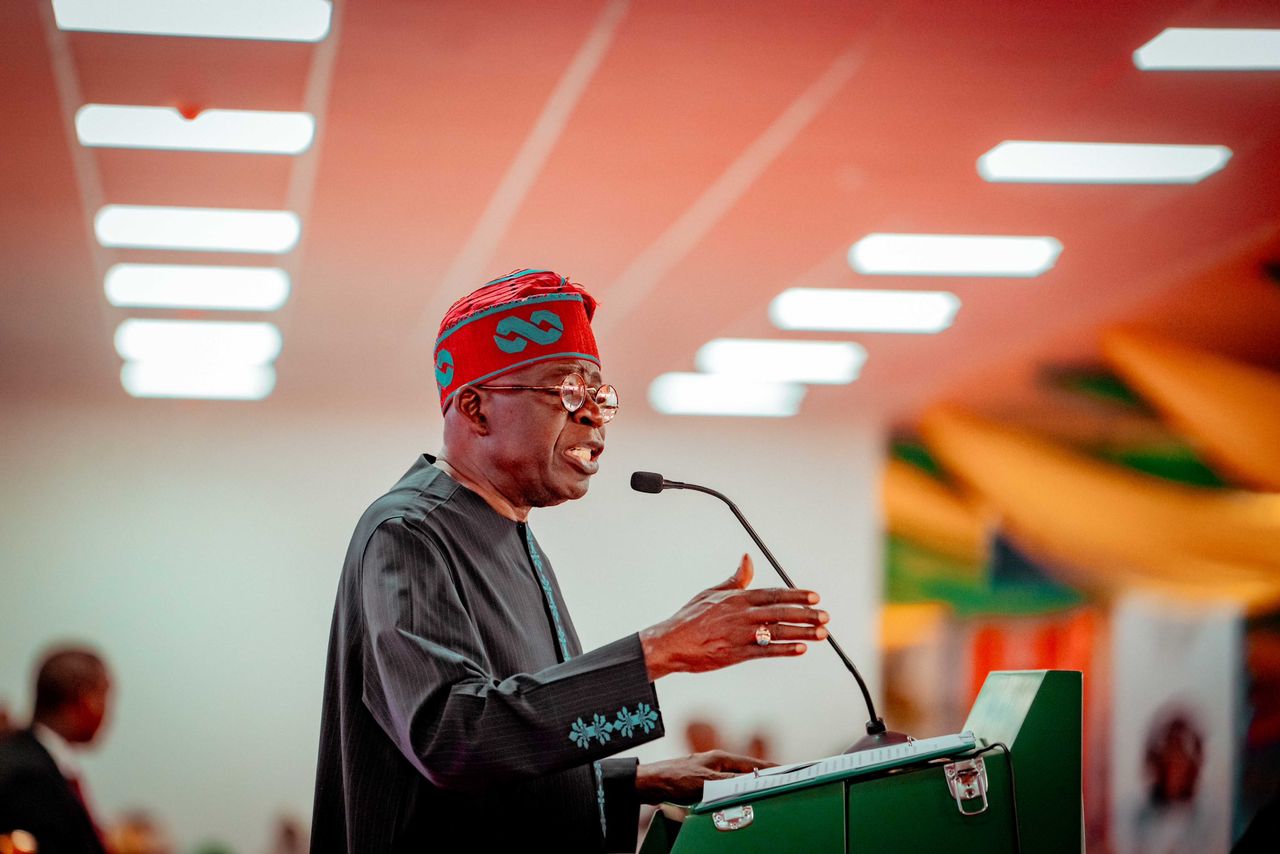China responded sharply on Wednesday to U.S. President Donald Trump’s demands that Beijing take the initiative in resolving the ongoing trade war, urging Washington to "stop threatening and blackmailing" and to engage in dialogue based on equality and mutual respect.
Trump, who has imposed heavy tariffs on Chinese imports, including a 145 percent levy on many products, has consistently pushed Beijing to come to the negotiating table. In response, China’s foreign ministry spokesman Lin Jian called for an end to extreme pressure tactics and emphasized that there is no winner in a trade war. "China does not want to fight, but it is not afraid to fight," Lin stated, reinforcing China's stance that no resolution can be achieved through continued hostilities.
Trump’s tariffs, which target Chinese goods in retaliation for alleged unfair trade practices, have been a key point of tension between the two nations. While China has retaliated with its own set of heavy tariffs, including a 125 percent levy on U.S. products, the U.S. has given some reprieves, temporarily excluding certain tech items such as smartphones and laptops from the latest round of tariffs.
The U.S. administration recently stated that it was up to China to make the first move to end the trade dispute, with Trump’s press secretary Karoline Leavitt reading a statement that emphasized, "The ball is in China’s court." However, economists have warned that the prolonged trade war could lead to global economic instability and a potential recession.
Amid the trade tensions, China reported a better-than-expected 5.4 percent growth in its economy for the first quarter, driven by exporters trying to ship goods ahead of the new U.S. tariffs. However, experts predict that the impact of the escalating trade war will be felt in the second quarter, with many U.S. firms seeking alternative suppliers and Chinese exports facing a slowdown.
Japan's envoy to the U.S., Ryosei Akazawa, expressed optimism about a "win-win" outcome from ongoing trade talks between the U.S. and Japan, while South Korea’s finance minister, Choi Sang-mok, highlighted the importance of negotiations to delay the imposition of reciprocal tariffs and reduce uncertainty for Korean companies.
In related developments, chip stocks across Asia fell sharply after U.S. tech giant Nvidia warned that new U.S. licensing requirements could cost the company $5.5 billion due to restrictions on critical chip exports to China. President Trump also ordered a probe that could lead to tariffs on critical minerals, rare-earth metals, and associated products, further intensifying the trade dispute.
As the trade war rages on, all eyes remain on China’s response and the potential for both countries to find common ground—or face deeper economic consequences.




